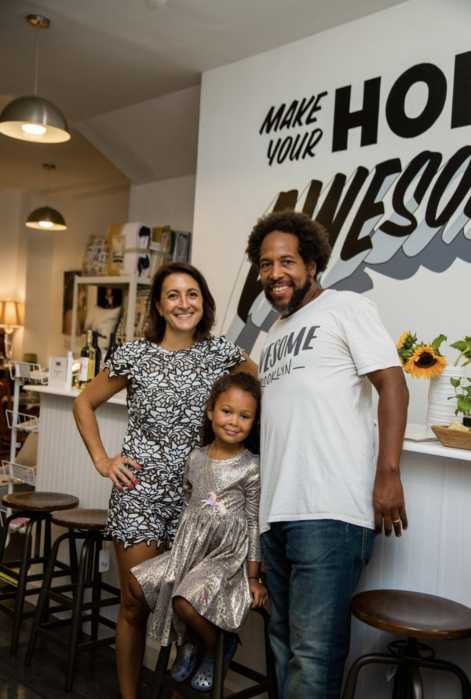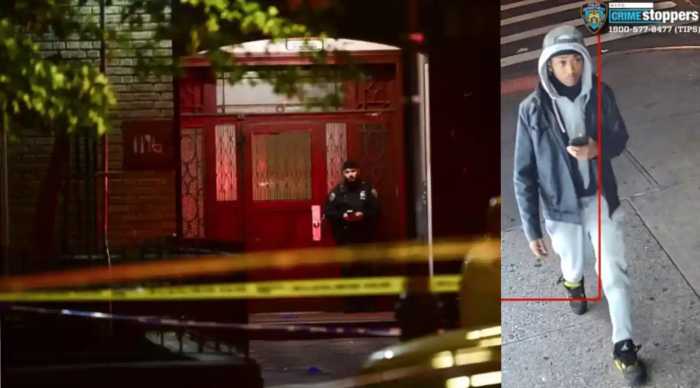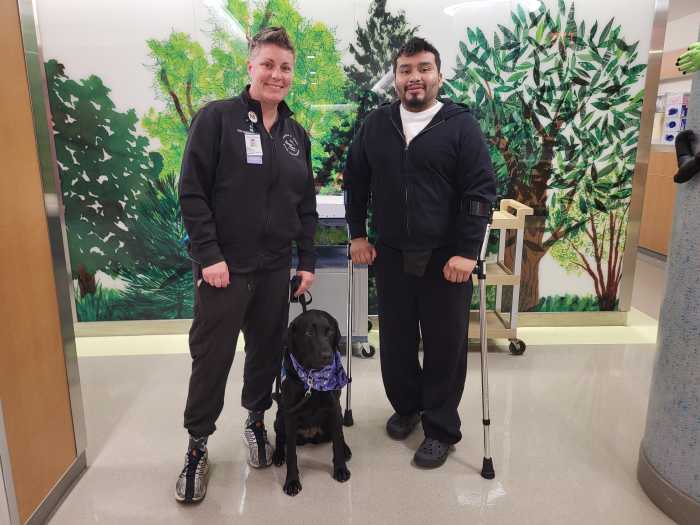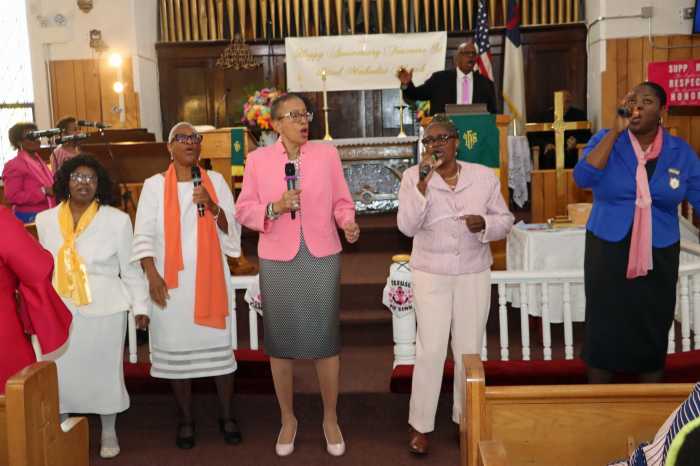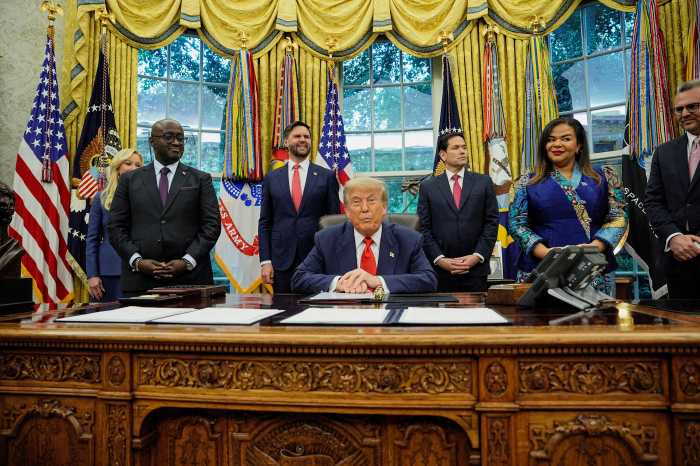Many men who have sex with men and others stepped up in a big way last year to volunteer for the mpox (formerly known as monkeypox) vaccine in an effort to protect themselves against an outbreak that exploded onto the scene in the spring and summer. The vaccination campaign, coupled with behavioral changes, resulted in a stunning drop of cases in the ensuing months. It was a remarkable turnaround.
However, like the COVID vaccine — which required two doses — the JYNNEOS vaccine also warranted two shots, and statistics show that many people who received their first dose failed to follow up with a second shot. According to state and city officials, just 65% of New Yorkers outside New York City who got their first dose returned for their second one, meaning 6,000 people never got the second job. Within New York City, just 52,374 of 102,183 people who got the first shot completed the series, officials said.
As summer and Pride season nears — and as small flare-ups begin to take shape in cities such as Chicago — now is the time for those who received their first shot to get their second dose and for those who haven’t gotten a shot to get the first one. Time is of the essence because the two-dose regimen calls for shots to be administered four weeks apart. People are deemed fully vaccinated two weeks after the final shot.
Those who have not been fully vaccinated may have been impacted, understandably, by last year’s messy vaccine rollout campaign, which was hampered by limited supply of doses despite sky-high demand, glitches on vaccination sign-up forms, and concerns about equity and access as the city gradually rolled out vaccine hubs in different neighborhoods.
Now, however, there is ample supply of the vaccine and plenty of resources for those looking to get vaccinated against mpox — and the government is encouraging it.
Weeks after the New York City and New York State Health Departments announced a vaccination campaign for this year, the Centers for Disease Control and Prevention (CDC) also sounded the alarm about the threat of mpox in light of the cases in Chicago. The CDC said all of the cases were among men between the ages of 24 and 46 and none of them had received both doses of the vaccine.
In yet another sign of the importance of the vaccine, the CDC stated that areas without sufficient vaccination have a 35% chance of an mpox outbreak.
The vaccination campaign may seem confusing to anyone who noticed that the World Health Organization announced earlier this month that mpox was no longer deemed a global health emergency. That announcement, however, largely reflected the lull in cases over the winter — but there is no way of knowing whether mpox will again re-emerge as a major concern.
New Yorkers at risk — namely men who have sex with men — can position themselves for an enjoyable summer by collectively working to get vaccinated against mpox.
Throughout the last year, mpox has spread primarily through sexual contact between men, though others can get it too. It can also spread through contact with clothing, bedding, and other things used by people with mpox, as well as through oral, anal, and vaginal sex.
The vaccine is free and anyone can get the shots in New York City regardless of their immigration status. According to the New York City Department of Health, those eligible for the vaccine include people of any sexual orientation or gender identity who engage in group sex or have multiple sex partners; people whose sex partners engage in group sex or have multiple partners; people who have been exposed to mpox in the last two weeks; and anyone who believes they are at risk of mpox through sex or intimate contact. Those who have already had mpox likely have some protection and are not eligible to get vaccinated.
Find out where to get vaccinated at vaccinefinder.nyc.gov.







